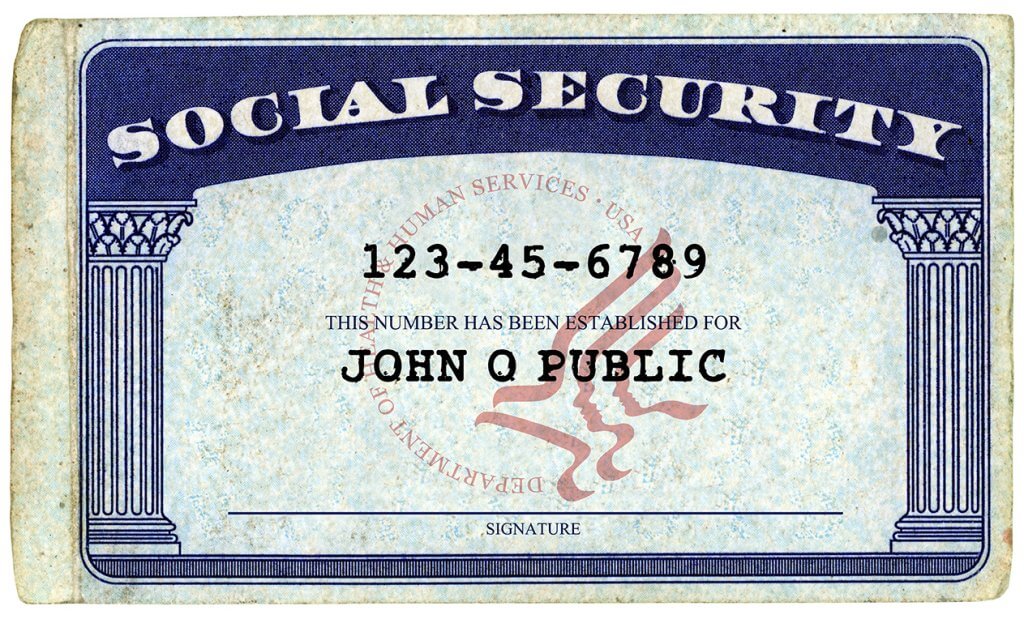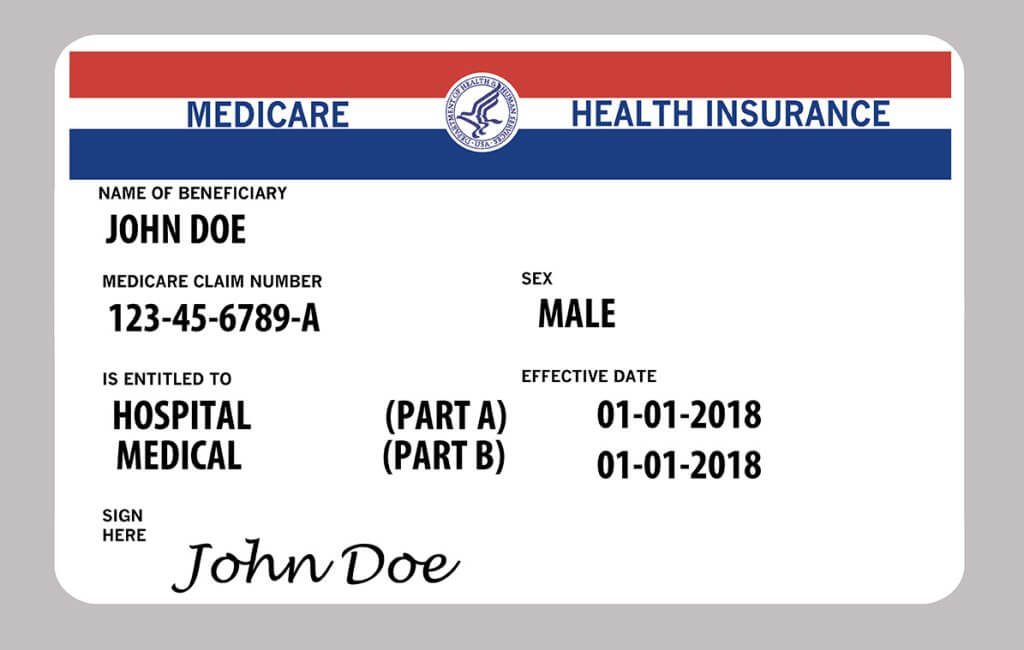Working in Retirement
How Social Security and Medicare Could Be Affected

Thinking about returning to work after your retirement? Whether for extra income or personal fulfillment, understanding the impact on Social Security and Medicare is crucial. Here’s what to consider:
**Social Security Implications**

– **Temporary Benefit Reductions**: If you’re under your Full Retirement Age (FRA), benefits may be reduced based on your earnings. Once you reach FRA, no reductions apply.
– **Taxable Benefits**: Higher income can make a portion of your Social Security benefits taxable—up to 85%.
– **Boosting Future Benefits**: Working could replace low-earning years in your record, increasing your lifetime benefit amount.
**Medicare Considerations**

– **Employer Health Insurance**: If covered by a group plan, Medicare may work alongside it. Check with your employer for details.
– **Enrollment Timelines**: Missing key Medicare deadlines can lead to penalties.
**What If You Change Your Mind?**
– **Benefit Withdrawal**: You can repay benefits within 12 months of starting and restart them later for a higher payout.
– **Suspending Benefits**: After reaching FRA, you can pause benefits to earn delayed retirement credits.
**Plan Ahead**
Returning to work is a big decision. Use resources like the SSA’s Retirement Earnings Test Calculator and IRS guidelines to evaluate your options. For tailored advice, consult FSMC Bookkeeping Services for professional guidance. Contact us today.
© 2024 FSMC Bookkeeping Services. All rights reserved.


